Going to the doctor is nerve wrecking as it is, and when the average doctor's visit takes about 20 minutes, your questions about your cancer risk factors might take a backseat to other immediate health concerns. Moreover, you may feel confused about what questions to prioritise. To help you figure out what questions you should bring up at your next checkup, we asked doctors about what are the best things to ask that'll inform you about your individual cancer risk. By having this information, you can breathe a little easier knowing what are next steps for you.
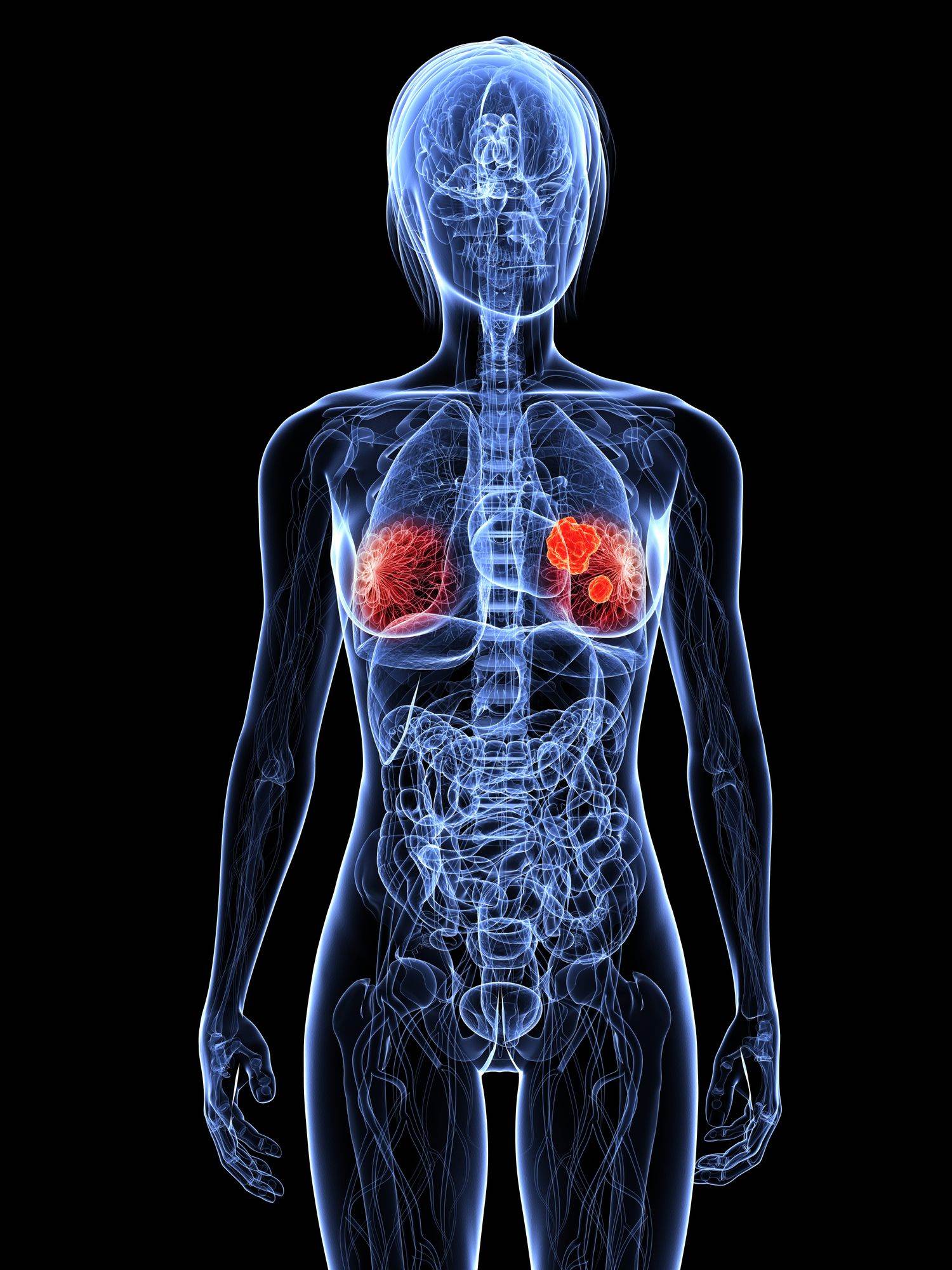
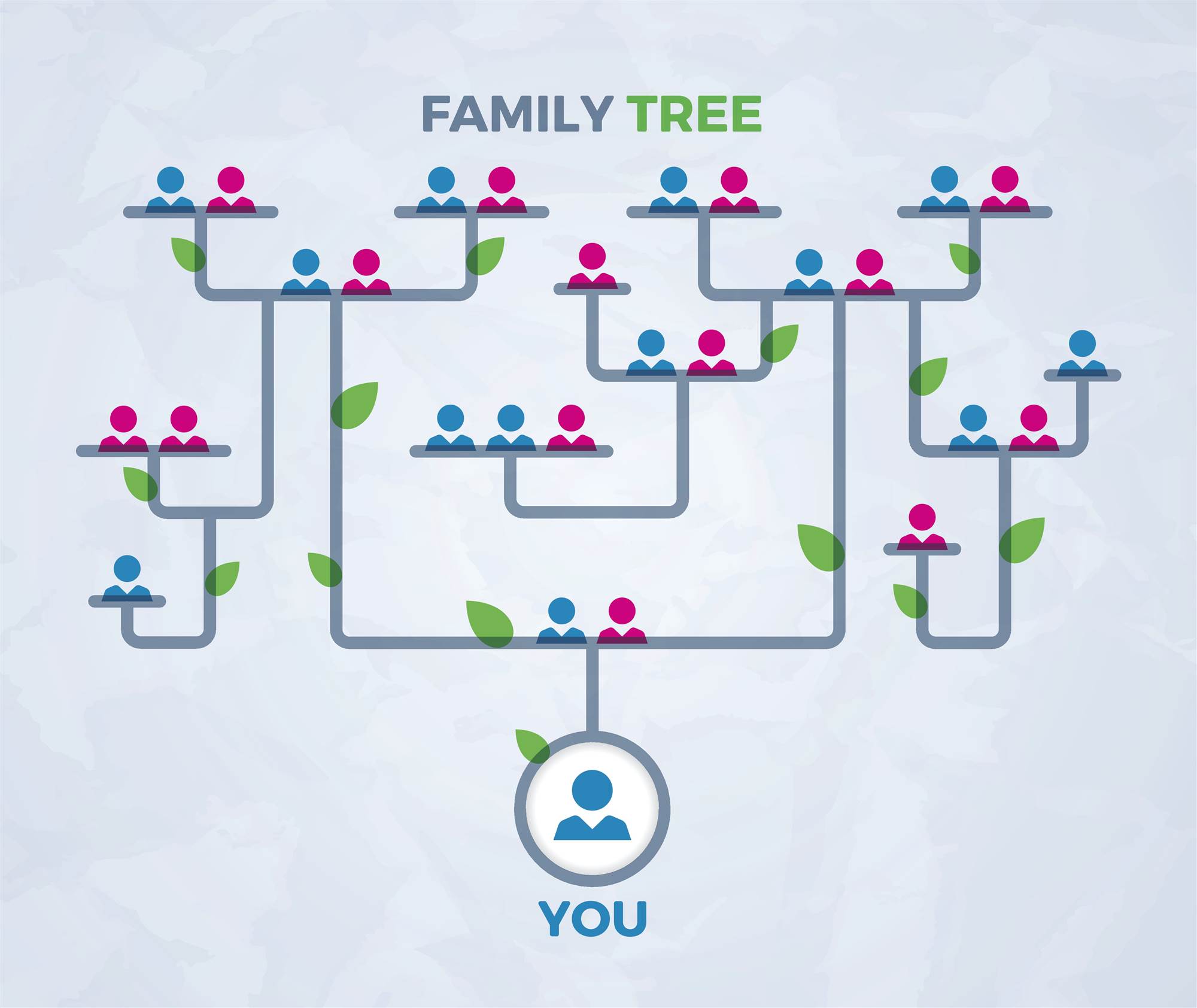
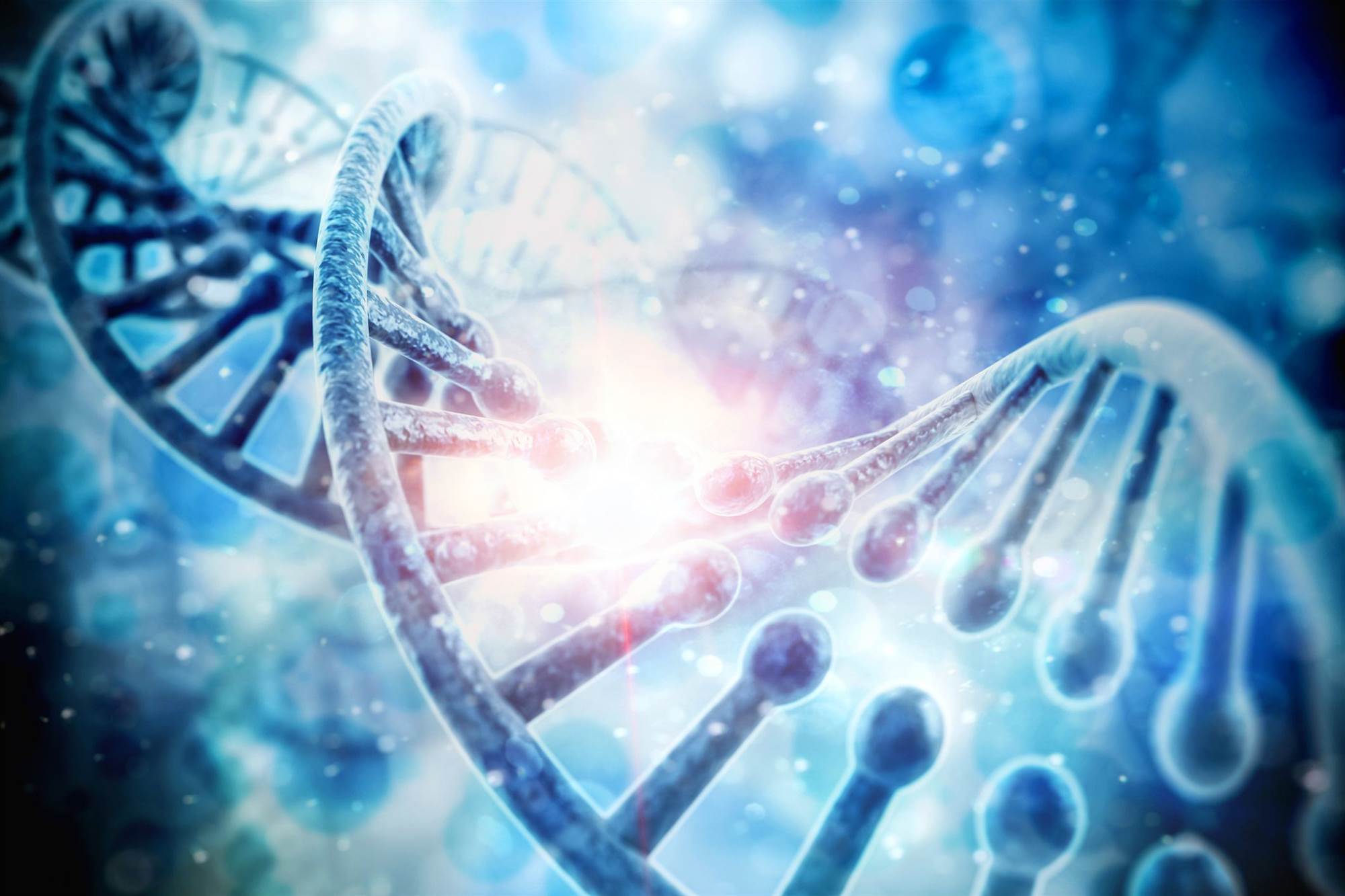
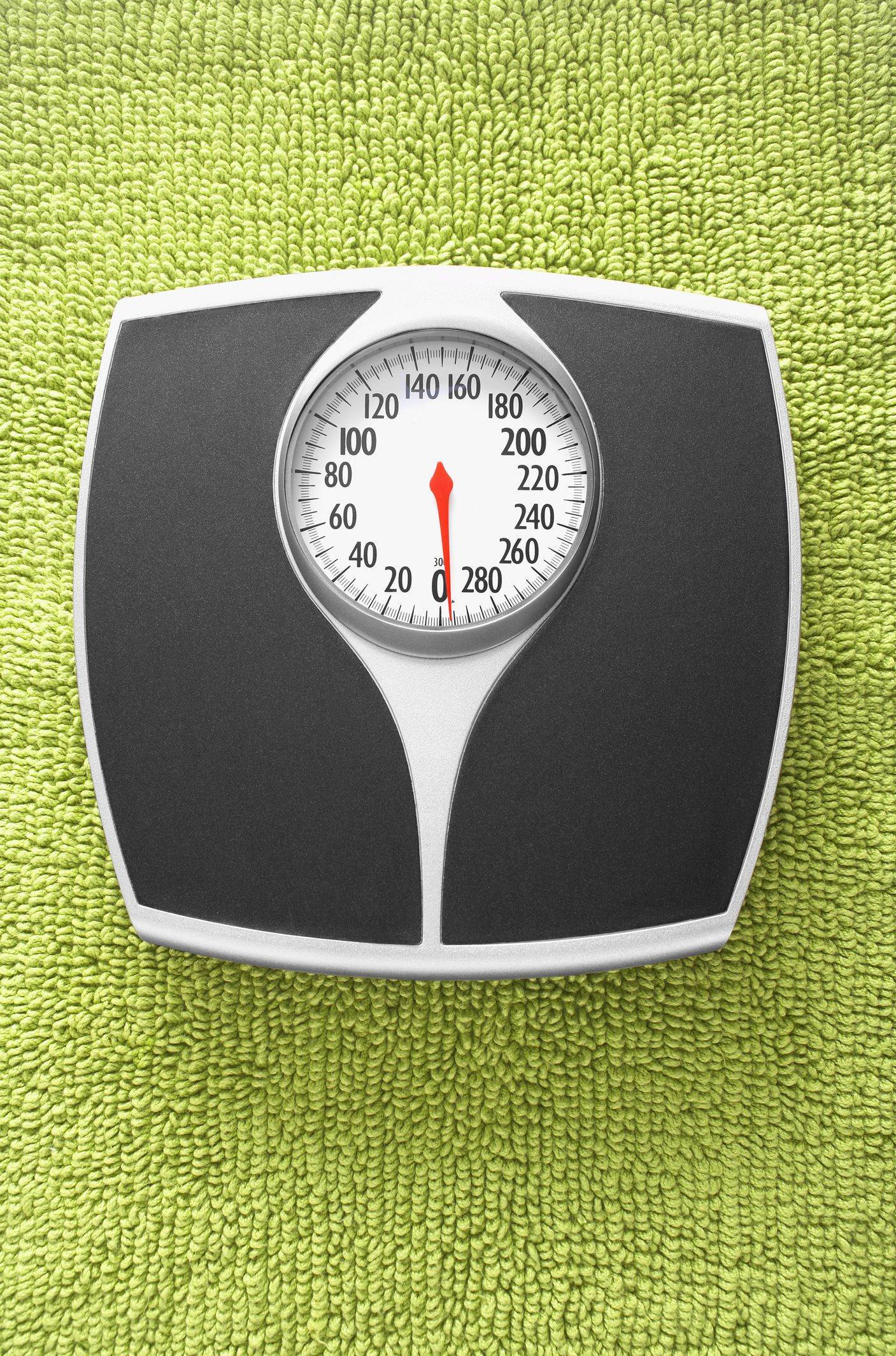

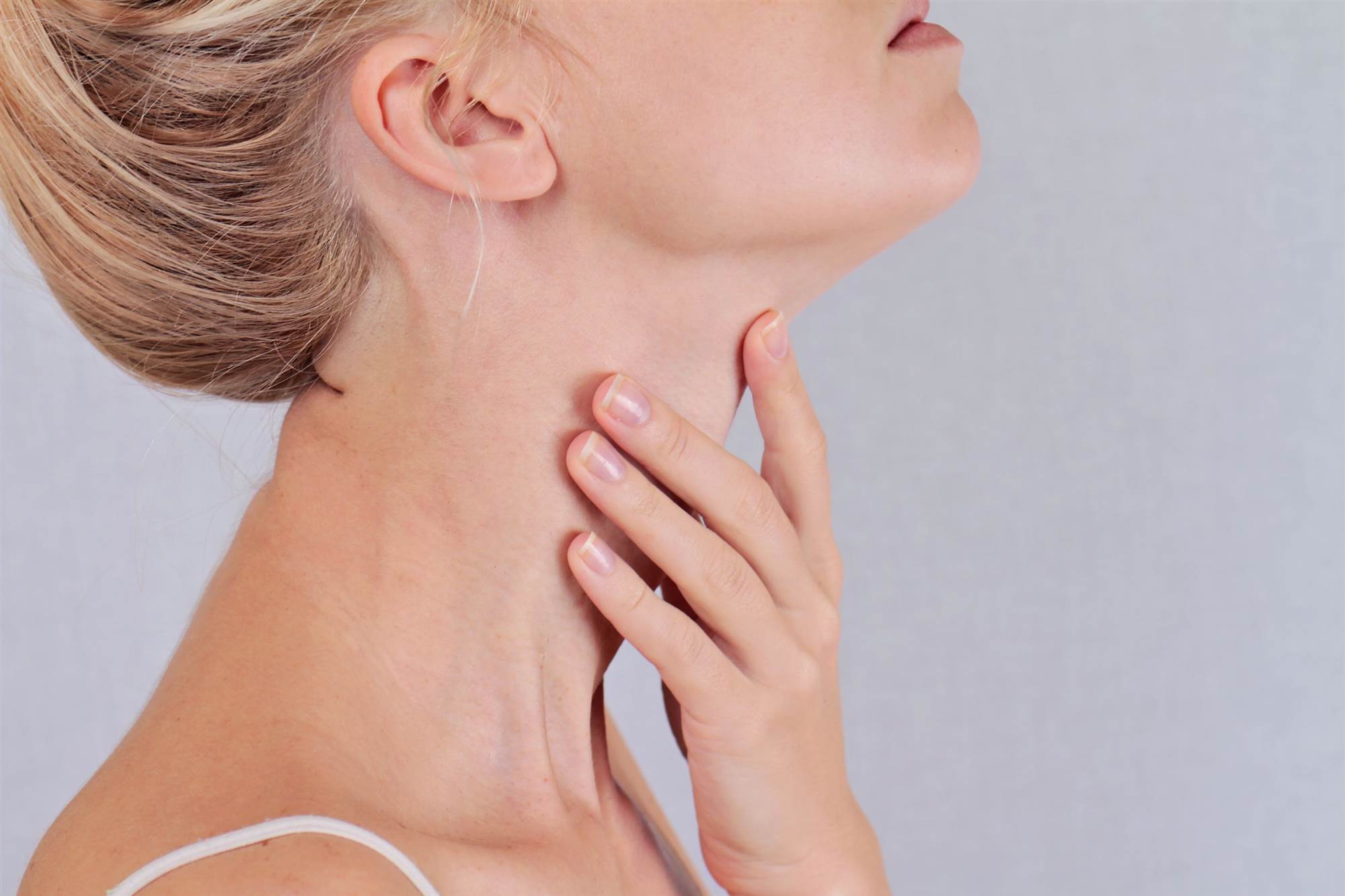
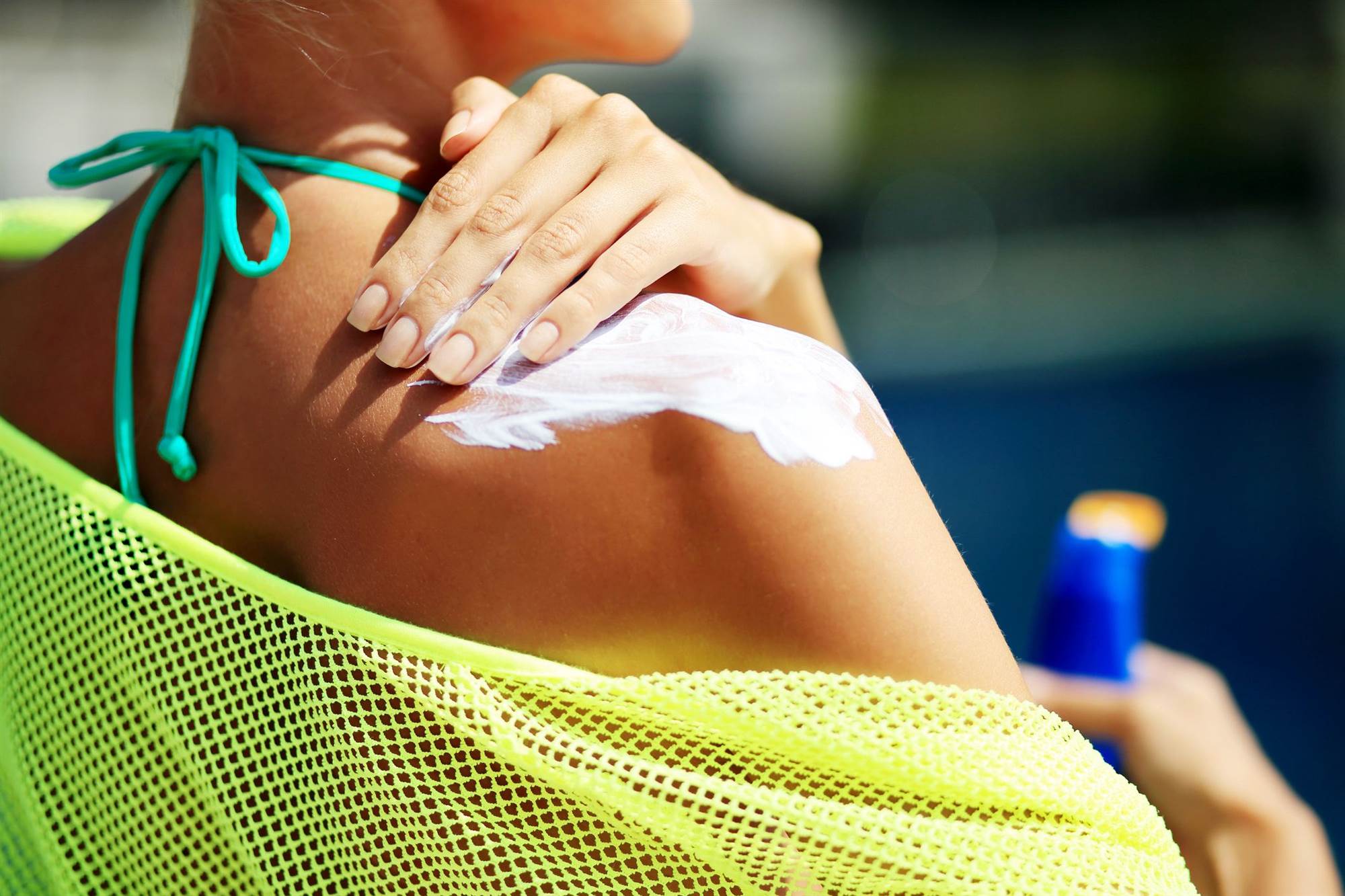
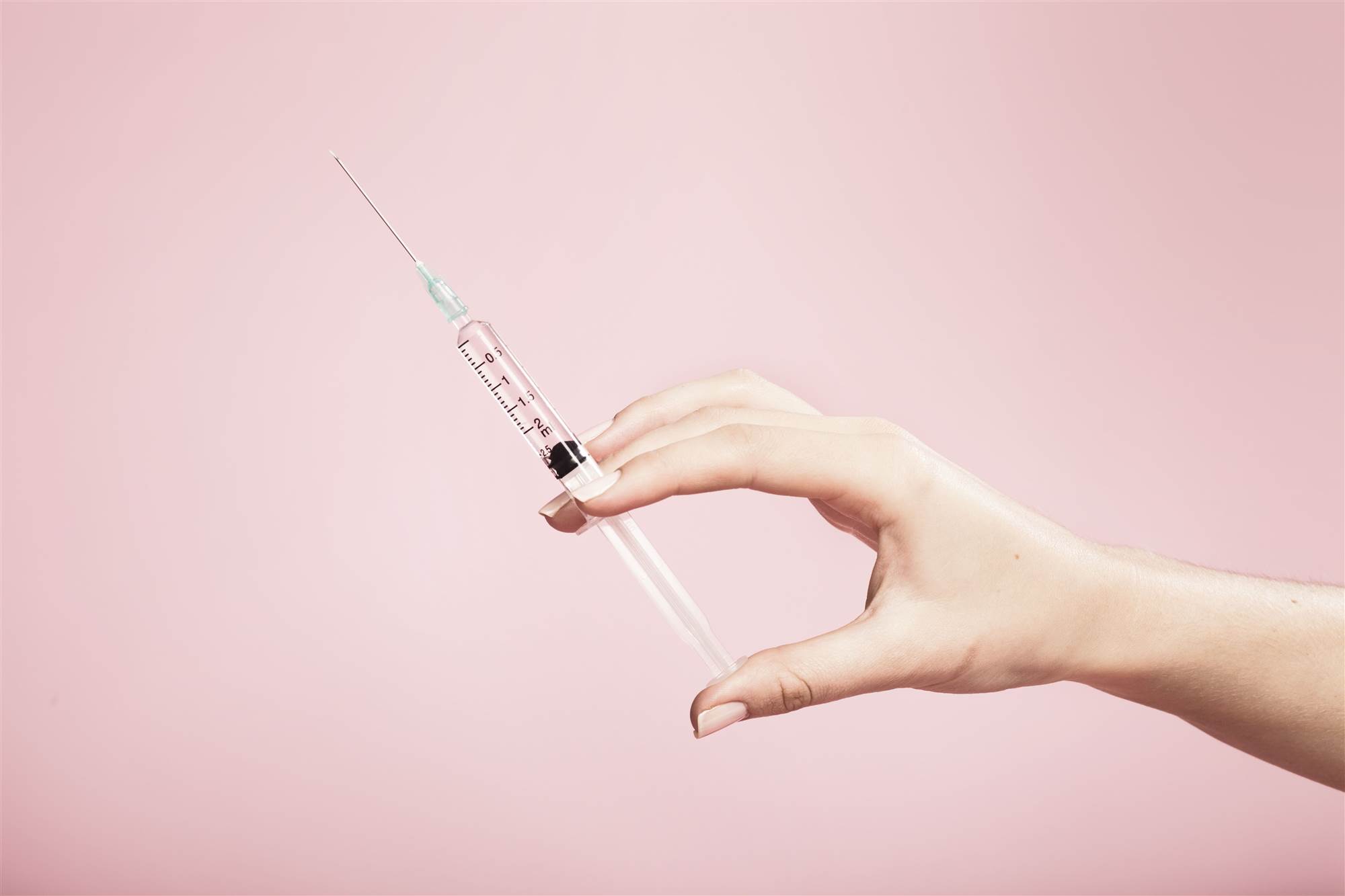

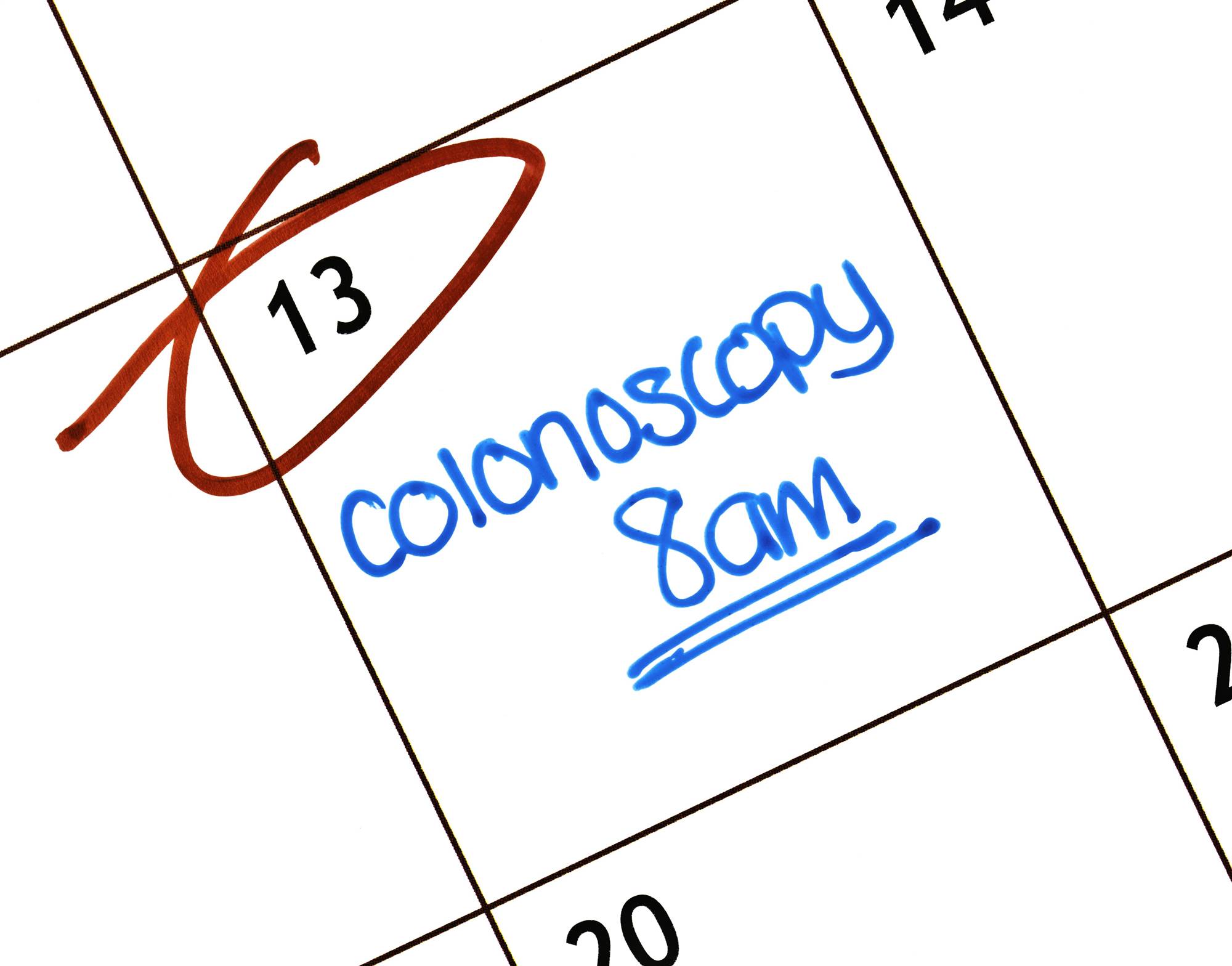
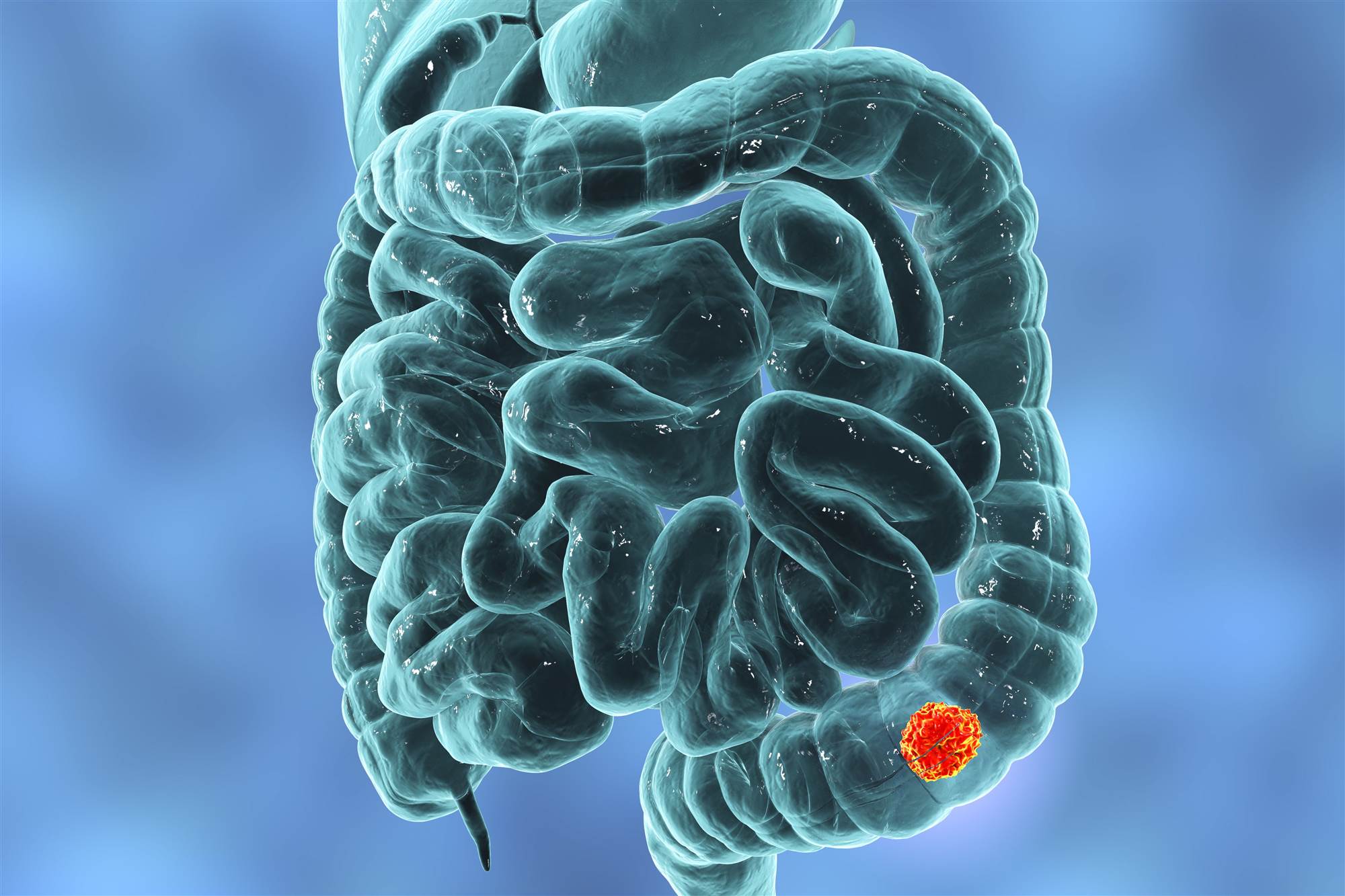

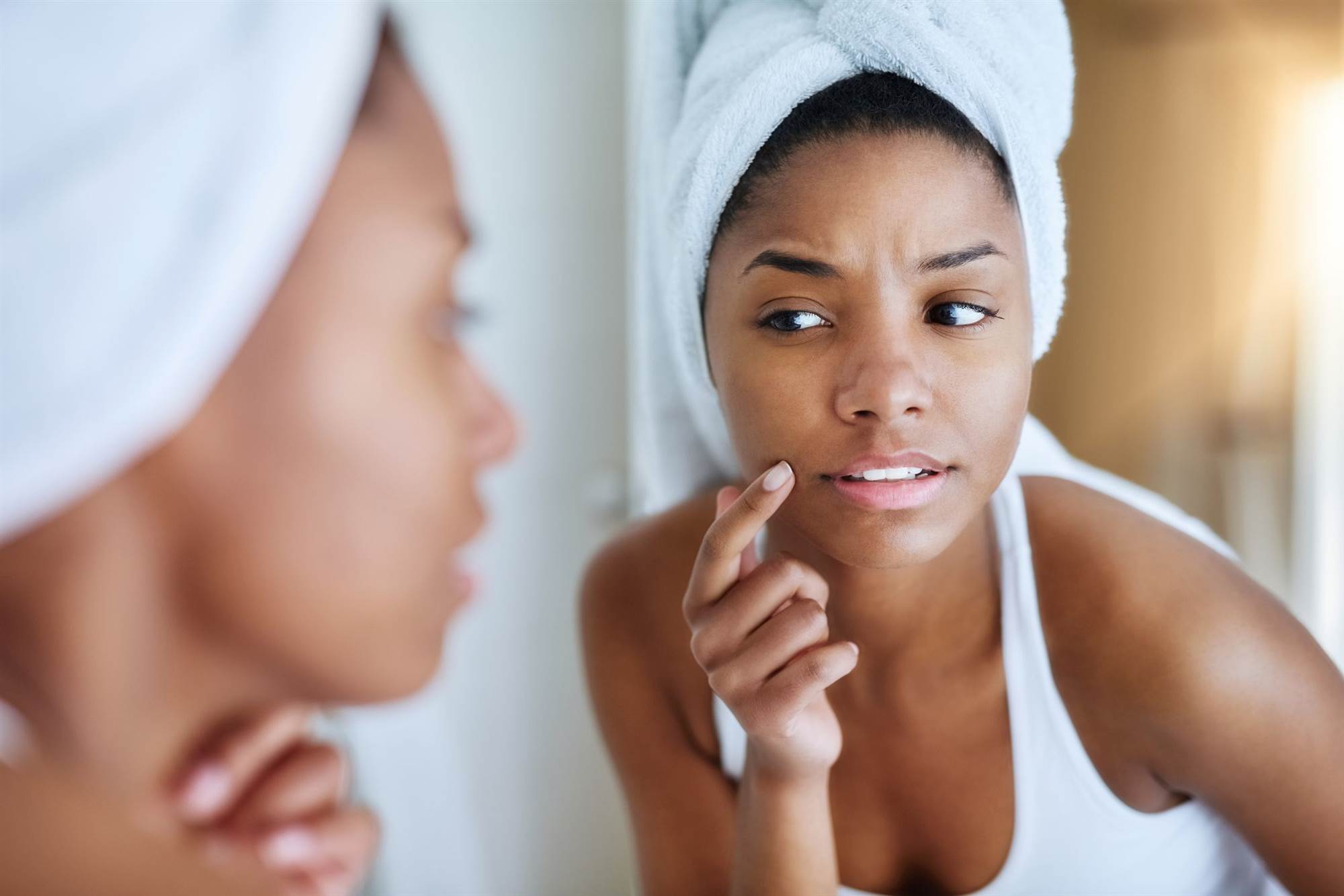
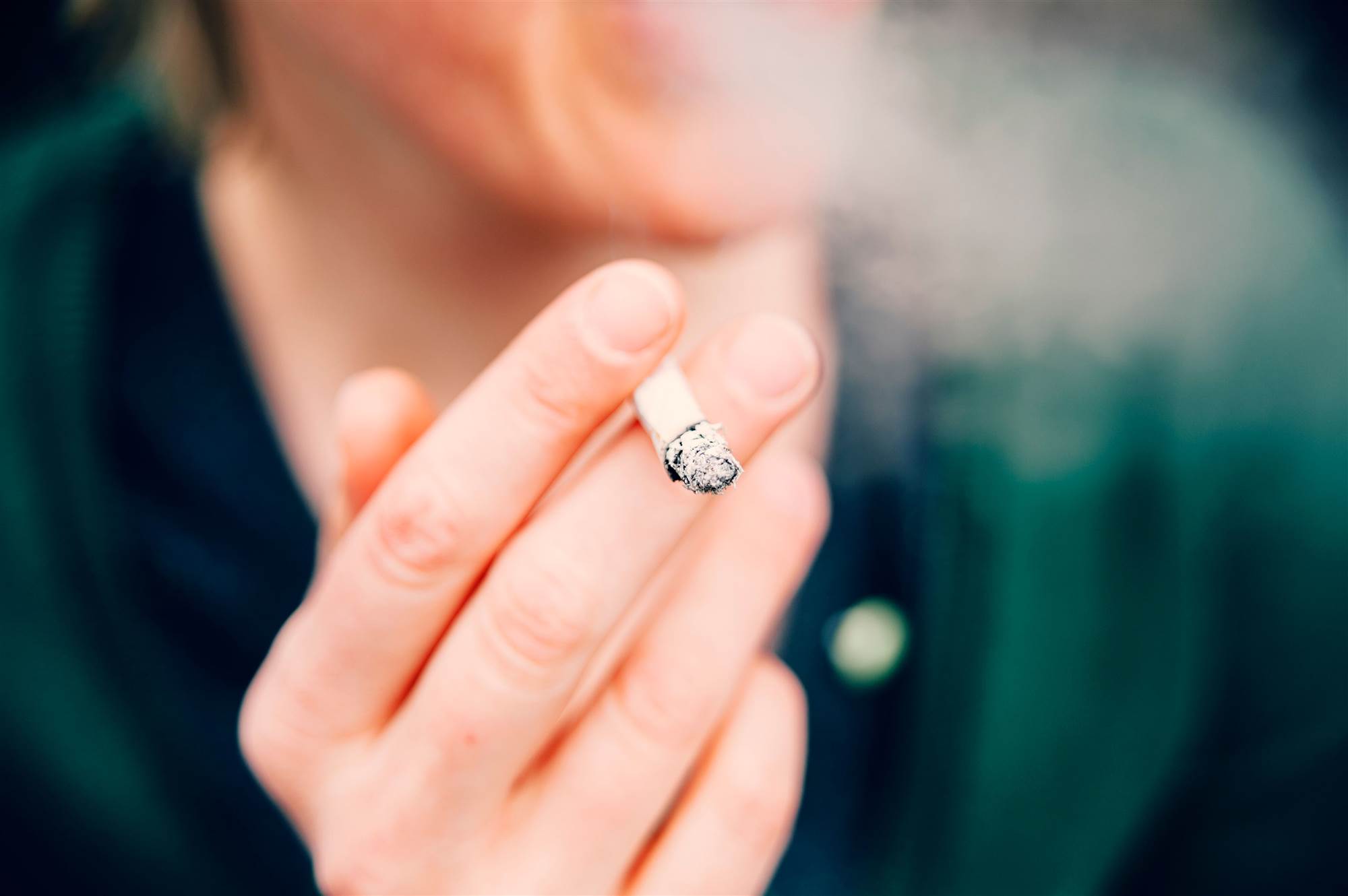

eternalcreative ©Getty Images
Which cancer screenings should I be having every year?
Regardless of whether you're having symptoms, you should have an annual checkup with your doctor, oncologist Dr Putao Cen says.
Based on your age and family history, your doctor may recommend certain cancer screenings. For example, mammograms to screen for breast cancer should begin at age 40. But if you have a family history of breast cancer, they may recommend one sooner.
If you're over 50, Faecal Occult Blood Testing (FOBT) is recommended every two years according to the Cancer Council, with a colonoscopy recommended to those who have a positive FOBT.
“If you have a first-degree relative with cancer, then the first screening colonoscopy should be at age 40 or 10 years younger than the youngest person affected with colon cancer in the family,” says oncologist Dr Smitha Krishnamurthi.
eternalcreative ©Getty Images
Is my family history concerning for my risk of cancer?
Inform your doctor about your parents', siblings', children', aunts', uncles' and grandparents' cancer diagnoses, Dr Krishnamurthi says. A subset of many cancers, such as colorectal cancer, breast cancer, ovarian cancer, pancreatic cancer, and uterine cancer, are caused by inherited gene mutations.
It’s also important to bring up the age at which your family member was diagnosed, as it can help your doctor come up with individualised screening recommendations.
eternalcreative ©Getty Images
Would I benefit from genetic testing?
Having a family history of certain cancers increases the chance of inheriting these mutations, so your doctor may recommend genetic testing to see if you carry any.
“This knowledge is powerful,” Dr Krishnamurthi says. “If a person is found to have a mutation that puts him or her at risk for developing cancer, he or she can undergo screening tests more often and earlier to try to detect any cancers that occur at an early, curable stage,” he explains.
A number of ethical and psychosocial issues come into play when it comes to genetic testing, so it's best to talk to your doctor and a genetic counselor. “If genetic testing reveals an increased risk of disease, there may be different screening recommendations, lifestyle modifications, medical or surgical interventions and management of psychosocial issues,”says haematology and medical oncology specialist Dr Adrienne Phillips.
eternalcreative ©Getty Images
Should I be concerned about my weight?
Being overweight has been shown to increase the risk of developing breast, uterine and pancreatic cancers, and even blood cancers such as leukemia, Dr Cen says. In fact, research from shows that excess body weight is thought to be responsible for about seven percent of all cancer deaths.
eternalcreative ©Getty Images
Does how much I exercise impact my cancer risk?
Research suggests that exercise and regular physical activity can help reduce the risk of cancer, including breast cancer recurrence and colon cancer. And because exercise already plays an essential role in preventing heart disease, diabetes, and other conditions, it could improve your overall health.
Exercise is important no matter your size, as it’s also been linked to increased immunity, Dr Cen says.
eternalcreative ©Getty Images
What are unusual symptoms I should bring up with my doctor?
Dr Cen recommends talking to your doctor if you notice a change in bowel movements and bladder habits, such as constipation, diarrhoea, or bloody or very dark urine. They could be early signs of colon, bladder, or kidney cancer, respectively. Unusual bleeding from the genital area could also be a sign of uterine cancer.
A new lump anywhere on the body could be a tumour, or a sign of lymphoma or head and neck cancer, Dr Cen says. Additionally, difficulty swallowing might be a sign oesophageal cancer. Changes in the voice might signal throat cancer, and a nagging cough or shortness of breath are signs of lung cancer.
eternalcreative ©Getty Images
What environmental factors would affect my cancer risk?
Sun exposure and air quality can affect cancer risk, Dr Cen says. While you should take preventative measures, such as wearing sunscreen every day, you should also talk to your doctor about the possibility of a vitamin D deficiency, which has been linked to certain cancers. Moreover, if you live an area with poor air quality, you should take steps to minimise spending extended periods of time outdoors as well.
eternalcreative ©Getty Images
What other illnesses can possibly cause cancer, and what can I do to prevent them?
According to Dr Cen, hepatitis B and C have been linked to liver cancer, so it’s important to make sure you’ve received the hepatitis B vaccine. You can avoid hepatitis C by avoiding intravenous drug use or sharing personal care items that can come in contact with blood.
The human papilloma virus (HPV) is one of the most common causes of cervical cancer. You can reduce your risk by getting the HPV vaccine if you are under age 26. If you're over that age, getting a pap test every one to three years will screen for unhealthy cells.
If you have a history of stomach ulcers, you should also get tested for Helicobacter-or H. pylori-an infection in the stomach lining that has been linked to stomach cancer.
eternalcreative ©Getty Images
What are my cancer risks if I drink alcohol?
Alcohol is known to raise the risk of cancers of the head and neck, oesophagus, colon and rectum, liver and breast, Dr Krishnamurthi says. In fact, a 2018 study from Lancet shows that there isn't a safe level of alcohol.
Even just one alcoholic drink a day is associated with an increased risk of head and neck cancers and oesophageal cancer as well as a small increased risk of breast cancer. The Australian guidelines recommend women drink no more than two alcoholic beverage per day, if at all.
eternalcreative ©Getty Images
What preps are available for a colonoscopy?
“Most people don’t mind and don’t even remember the actual colonoscopy procedure. The difficult part is the preparation the day before to clean out the colon,” Dr Krisnamurthi says. “So many doctors order a litre of laxative prep for their patients to drink, which tastes horrible.”
But there are alternatives. Gastroenterologists are now prescribing split preparations, like drinking half of the laxative the night before and taking the remaining half on the morning of the colonoscopy, which helps make it easier.
eternalcreative ©Getty Images
What are my options for colorectal cancer screening?
“The gold standard is a colonoscopy, because it evaluates the entire colon and polyps - non-cancerous growths of the intestine that have the potential to develop into cancer - can be removed in this procedure before they can become cancer,” Dr Krisnamurthi says.
But since a colonoscopy requires cleaning out the colon the day before and taking a day off work to do the procedure, it can deter people from having one. The good news is that there are other tests that can detect color cancer or large polyps early. Flexible sigmoidoscopy or a stool DNA test are more convenient options.
eternalcreative ©Getty Images
How does my job affect my cancer risk?
Certain toxic exposures can predispose some people to certain types of cancer, Dr Phillips says.
For example, if you work in a hair salon and handle hair dyes, research has shown that this might put you at an increased risk for certain cancers. Or if you’ve been exposed to asbestos, you will have an increased risk of developing lung cancer or mesothelioma. Your doctor might recommend additional screenings.
eternalcreative ©Getty Images
How often should I get a full-body skin exam?
Dr Phillips advises going through the ABCDE’s of potential skin cancer often, looking for asymmetry, irregular borders, changes or uneven colour, large diametre and evolution of changes.
“If a skin lesion is not uniform and is evolving over time in terms of size, shape or colour, you should definitely bring that to your doctor’s attention,” Dr Phillips says.
Additionally, depending on your personal and individual risk and history of sun exposure, your dermatologist may recommend an annual full-body skin exam, she says.
eternalcreative ©Getty Images
Can you help me quit smoking?
Doctors have numerous tools available to help patients quit smoking, depending on the patient’s interest and readiness to quit, Dr Phillips says. Whether its behavior counseling or medications, it’s important to review your goals with your doctor to receive support and appropriate referrals or treatments.
eternalcreative ©Getty Images
I don't get enough sleep. Does lack of sleep affect my cancer risk?
While insomnia or lack of sleep hasn’t been shown to cause cancer, it can contribute to stress, anxiety and poor mental health, Dr Phillips says. If you haven't been getting enough sleep, it's worth bringing up with your doctor, in case it might be a sign of any other underlying health problems.


.jpg&h=90&w=90&c=1&s=1)


.png&h=193&w=250&c=1&s=1)
.png&h=193&w=250&c=1&s=1)


